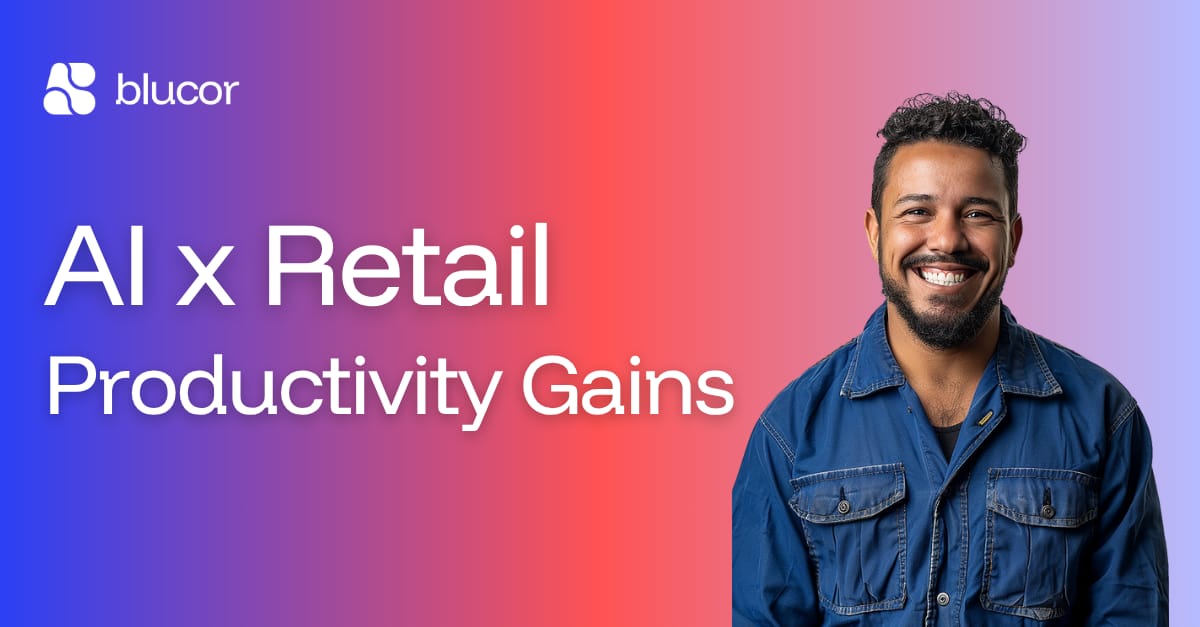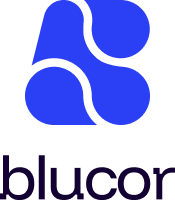- Blucor's Newsletter
- Posts
- The ROI of AI Recruiting in Retail: Real Business Impact and Case Studies
The ROI of AI Recruiting in Retail: Real Business Impact and Case Studies

Retailers face a constant balancing act: fill roles fast, control costs, and keep turnover low. Every unstaffed shift means lost sales and strained teams. That’s why major brands are investing in AI recruiting—and the results show measurable returns.
TL;DR: Walmart, Unilever, and IKEA have all reported clear ROI from AI recruiting, including faster hiring cycles, lower turnover, and improved candidate satisfaction. Across the industry, automation is proving its value in cost efficiency, time-to-hire, and workforce stability.

How Leading Retailers Are Using AI to Drive ROI
Walmart introduced conversational AI to pre-screen hourly candidates and schedule interviews automatically. The company reported that automation cut time-to-hire by nearly half and improved candidate engagement across its 1.6 million–person workforce (Forbes, 2023).
Unilever adopted AI video interviews and game-based assessments to evaluate entry-level applicants. The company reduced hiring time from four months to four weeks and saved roughly 75% in recruiting costs while improving diversity outcomes (Harvard Business Review, 2020).
IKEA implemented AI screening tools to handle seasonal hiring surges. Their HR team reported a 50% reduction in manual workload and a 30% improvement in retention among new hires, thanks to better candidate-job matching (Retail Dive, 2022).
These examples show a consistent pattern: automation doesn’t just save time—it directly improves profitability by reducing turnover, overtime, and lost sales from unfilled roles.
Case Study: BlancAI’s Proven Automation Results
At BlancAI, we’ve seen the same ROI drivers across high-volume industries like manufacturing and logistics. Our Voice AI Agent, Hope, automates pre-screening, scheduling, and candidate communication for frontline roles.
Twin City Fan reduced recruiter spend from roughly $100,000 per year to near zero by replacing manual screening with AI.
Soracom processed 1,000 applications in one day and hired their ideal customer support specialist within a week.
Each of these clients also reported a 9.4/10 candidate satisfaction score, proving that automation can be both efficient and human-centered.
Quantifying the Business Impact
Across retail and other high-volume sectors, AI recruiting consistently improves three key metrics:
Cost Efficiency: Automation replaces repetitive screening and scheduling, cutting recruiting costs by 50–80%.
Time-to-Hire: AI shortens hiring cycles by up to two-thirds, keeping operations fully staffed during peak demand.
Retention: Better candidate matching reduces early turnover, improving workforce stability and lowering training costs.
These gains compound over time. Faster hiring means fewer lost sales. Lower turnover means less retraining. Together, they create measurable ROI that scales with business growth.
The Takeaway
AI recruiting is no longer experimental—it’s a proven business driver. From Walmart’s chatbot screenings to Unilever’s AI interviews and our own clients’ 78% cost reductions, the data is clear: automation delivers real financial impact.
Retailers ready to measure their own ROI can start small—automate one high-volume role, track the results, and see how quickly the savings add up.
See how BlancAI turns hiring efficiency into measurable business impact. Book a demo or start a free trial today.